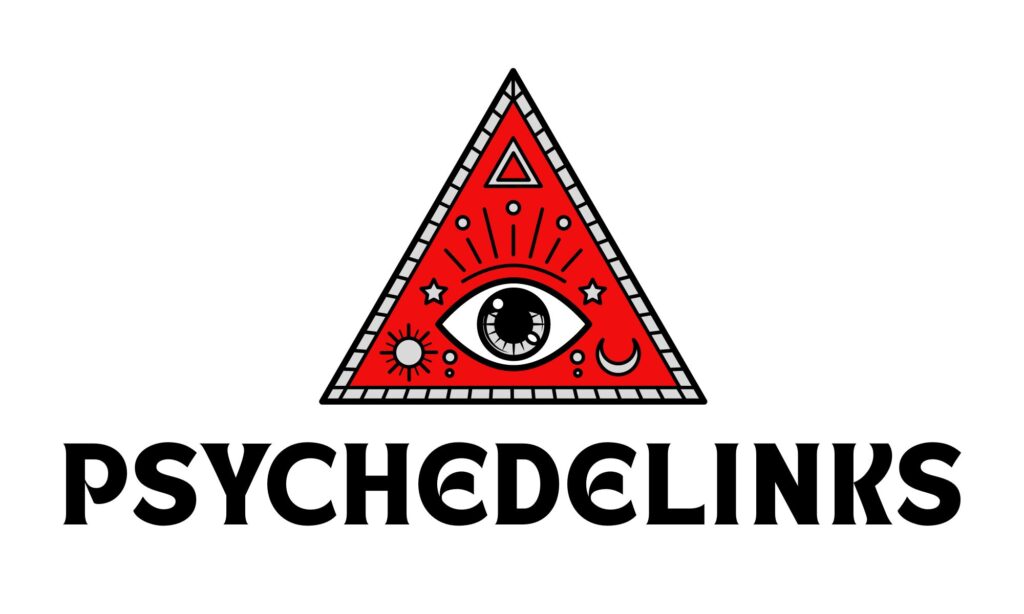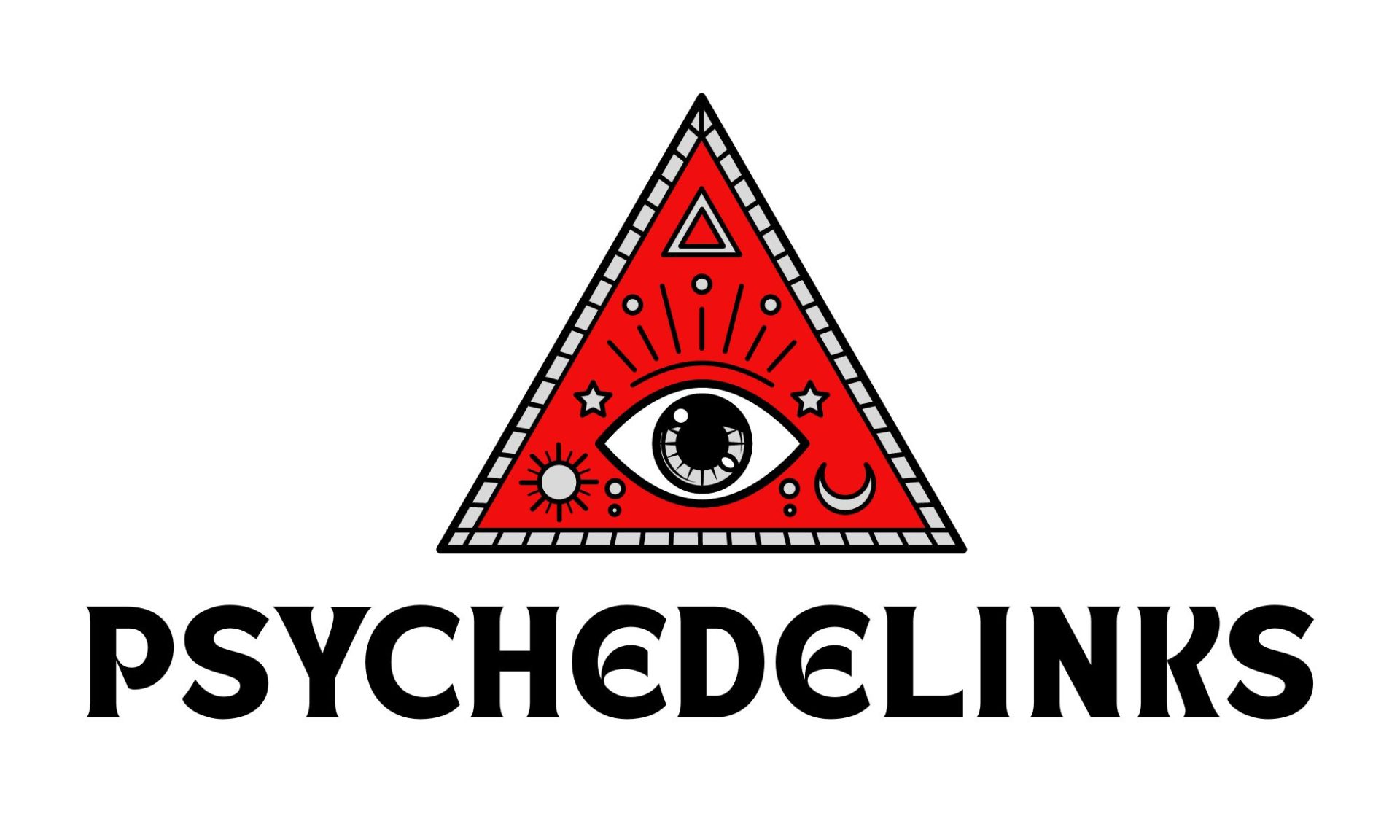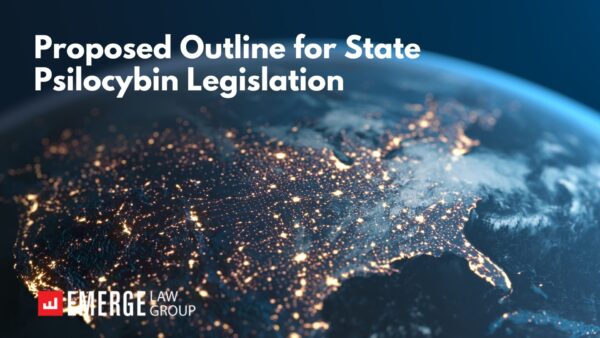PsychedeLinks is a curated selection of top news stories impacting business, research, and culture in the psychedelics ecosystem, crafted by Emerge Law Group’s groundbreaking Psychedelics Group.
Emerge’s Hot Take
This Psychoactive Plant Could Save Lives—And Everyone Wants To Cash In
Tabernanthe iboga is a tree whose roots contain a powerful psychoactive compound called ibogaine. It is native to several Central African countries but is most culturally established in Gabon. Studies have shown that ibogaine, which takes its name from the tsogho word “to heal,” can prompt significant decreases in PTSD symptoms. But ibogaine also has risks. It can strain the kidneys and liver, although deaths are usually attributed to its effect on the heart. And behind the flood of positive stories about changed and saved lives hides an embarrassing truth: the iboga and ibogaine used by clinics around the world originate largely from plants poached illegally. That’s because iboga is subject to the Nagoya Protocol, a United Nations agreement designed to prevent cultural and natural exploitation by establishing a sharing of benefits benefiting producers of genetic resources and their environment. The first iboga to be legally exported from Gabon just left the country, bound for researchers and clinics in Canada and Mexico. “We have never refused to share iboga with others,” said Denis Massande, president of the Association for the Development of Culture of the Pygmy Peoples of Gabon. “But now that this iboga business has gained notoriety around the world, if you don't put regulation in place, iboga will disappear.”
“Colorado legalized the personal use of iboga under the Natural Medicine Health Act, and given its apparent therapeutic potential I would expect other states to follow suit.” said Emerge Law Group’s Matt Brockmeier. “But it’s important to balance access with other concerns, like the rights of indigenous communities where iboga is sourced, as well as safety, considering the associated health risks, which are not just a ‘bad trip’ but potential cardiac complications.”
“Colorado legalized the personal use of iboga under the Natural Medicine Health Act, and given its apparent therapeutic potential I would expect other states to follow suit.” said Emerge Law Group’s Matt Brockmeier. “But it’s important to balance access with other concerns, like the rights of indigenous communities where iboga is sourced, as well as safety, considering the associated health risks, which are not just a ‘bad trip’ but potential cardiac complications.”
Other Noteworthy News
Beyond Medical Marijuana, A Bipartisan Group Of NC Legislators Wants To Study Psychedelics
“For a relatively conservative Southern state that has yet to legalize cannabis, most conversations about psychedelics don’t mention North Carolina. But that hasn’t stopped State Rep. John Autry, a Mecklenburg County Democrat, from working to advance research on psychedelics. He and other members of the North Carolina legislature formed the NC Psychedelic Policy Coalition and are supporting a proposal to allocate $4.5 million to support two psychedelic medical studies conducted by North Carolina’s research universities. A proposed psilocybin study would focus on reducing anxiety and fear in people with cancer and other life-threatening illnesses. A separate MDMA study would focus on reducing post-traumatic stress disorder (PTSD) experienced by veterans, first responders and sexual assault survivors. The legislation would also create an advisory board of experts to make recommendations about how these medicines can responsibly be made more available in North Carolina. Notably, the bill would not make psychedelics available for retail purchase. But home to the Research Triangle and two world class universities, the Tar Heel State may begin allowing its citizens to heal with psychedelics sooner than expected.”
3,000-Year-Old Hairs Hold the Oldest Clues About Psychoactive Drug Use in Europe
“Drug use among humans is a practice known to be thousands of years old, based on clues that were previously uncovered in Eurasia and the Americas. But in Europe, the presence of mind-altering plants at prehistoric sites offered archaeologists an incomplete picture; until now. Scientists recently discovered direct evidence that people in Europe used psychoactive drugs during the Bronze Age, possibly as part of ancient rituals. Traces of alkaloid substances that originate in plants and are known to affect perception and cause delirium and euphoria were preserved in strands of human hair dating to around 3,000 years ago. The compounds that they detected are all produced by plants that grow on Menorca, such as devil’s snare (Datura stramonium), white henbane (Hyoscyamus albus), mandrake (Mandragora automnalis) and joint pine (Ephedra fragilis).”
Hawaii Passes Bill to Prepare for Federal Approval of Psychedelics
“The Hawaii Senate just approved HB1340, a proposed bill that would create an advisory board to explore and prepare for regulations around federal approval of “breakthrough therapies” like psychedelics. It would create an advisory council tasked with exploring state and federal regulations on certain psychedelics, in addition to reviewing scientific literature related to using them for mental health treatment. It would also assess FDA breakthrough therapies and examine the requirements, specifications, and guidelines for a health care professional to prescribe and provide various treatments for patients who may benefit. The The bill passed the Senate on April 11 without much debate, and is now headed to the House for another - perhaps final - vote.”
Subscribe
Subscribe to PsychedeLinks to receive essential biweekly articles on news, business, and culture in the psychedelics industry, delivered straight to your inbox.




